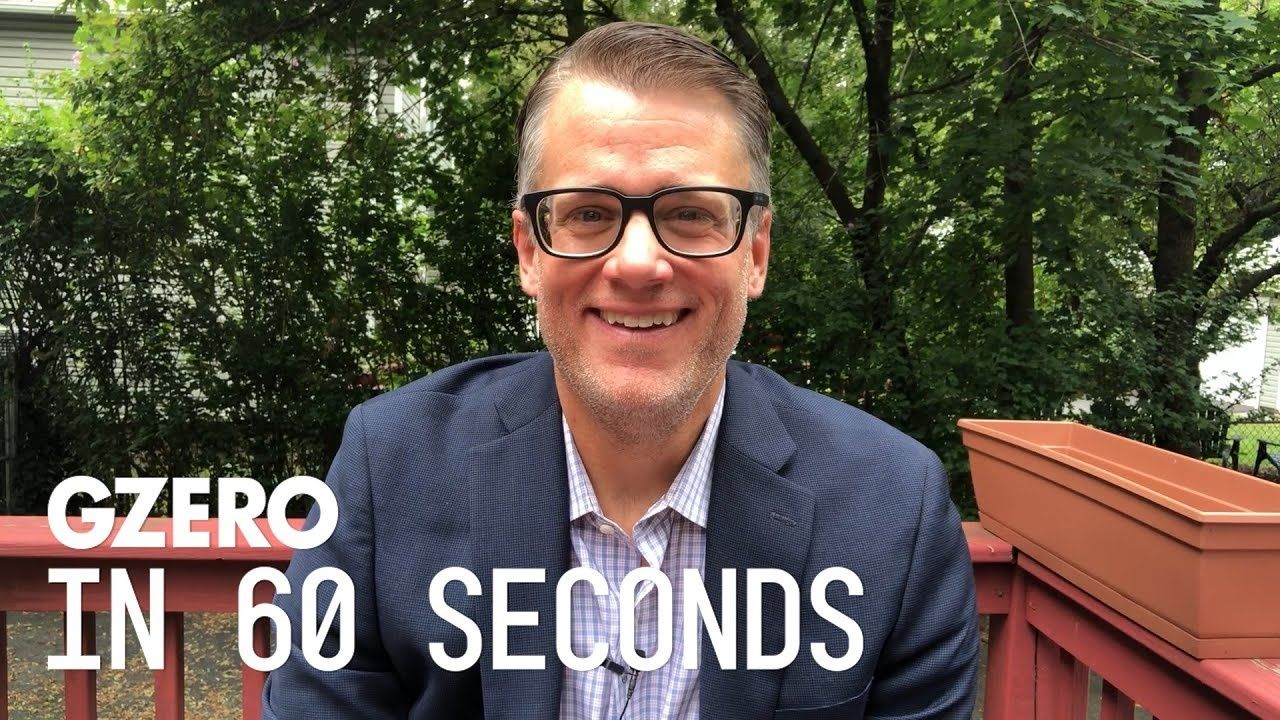
Number one: President Trump says he's "locked and loaded" after the attacks on Saudi oil fields. How concerned are you?
Well, very concerned. I think the U.S. economy can certainly withstand the initial oil price shock from the attacks. But a full-scale war with Iran is an entirely different ballgame. Very destabilizing to the region, destabilizing the energy markets and potentially a hit to the U.S. economy that is already showing some signs of slowing down. So, very worrisome.
Number two: How nervous should Brett Kavanaugh be about the latest allegations?
Well, they're certainly not helpful to the Supreme Court Justice. Somewhat problematic in that the New York Times has updated their piece to suggest that the accuser in this case does not remember the incident. I don't not think it leads to impeachment hearings against Kavanaugh but not good for him obviously.
Final question: Any surprises out of the Democratic debate last week?
Well, I continue to be surprised that Bernie Sanders and Elizabeth Warren are not engaging one another extensively at all. At some point, they'll have to if one or the other wants to emerge as the true liberal alternative to Joe Biden or some of the other moderate candidates. I haven't done it yet. But there will be a showdown between Bernie Sanders and Elizabeth Warren.